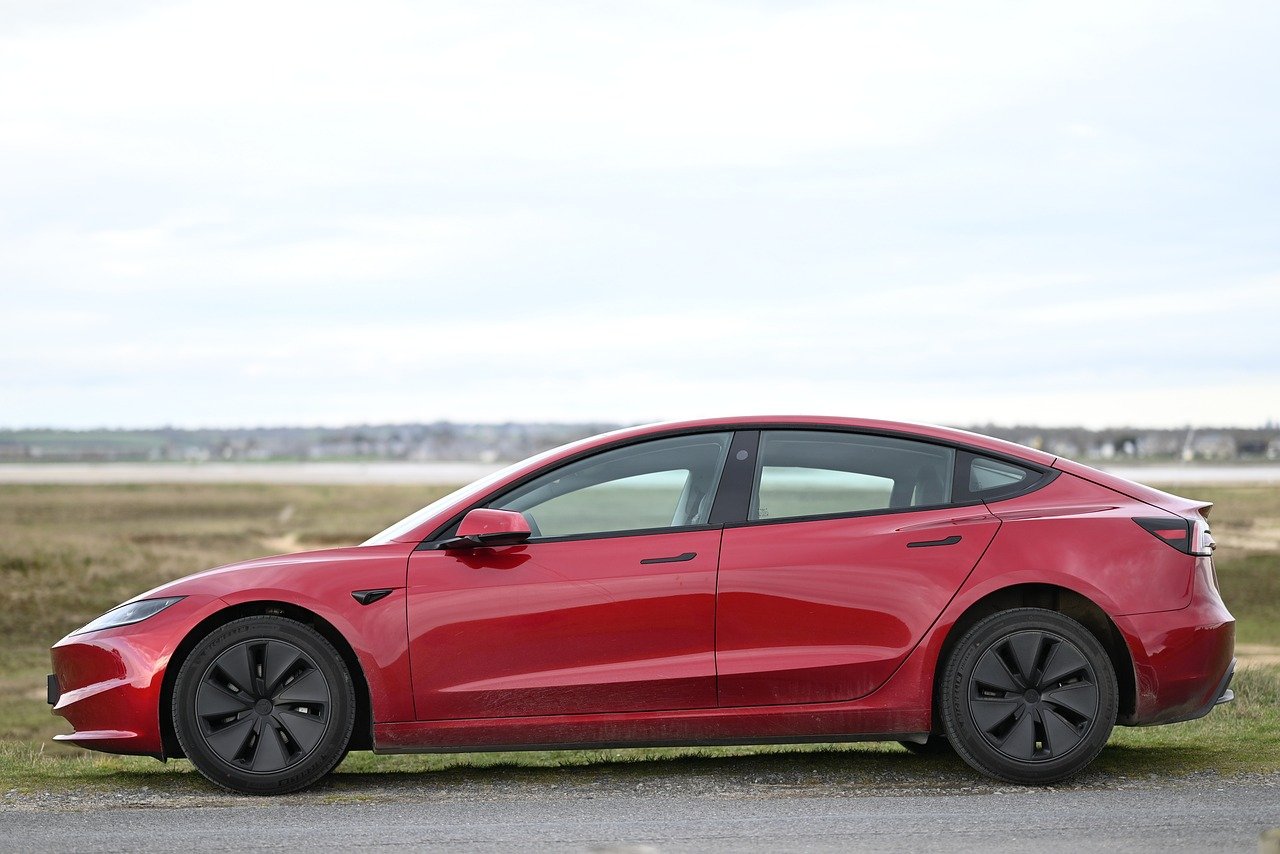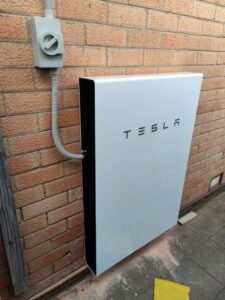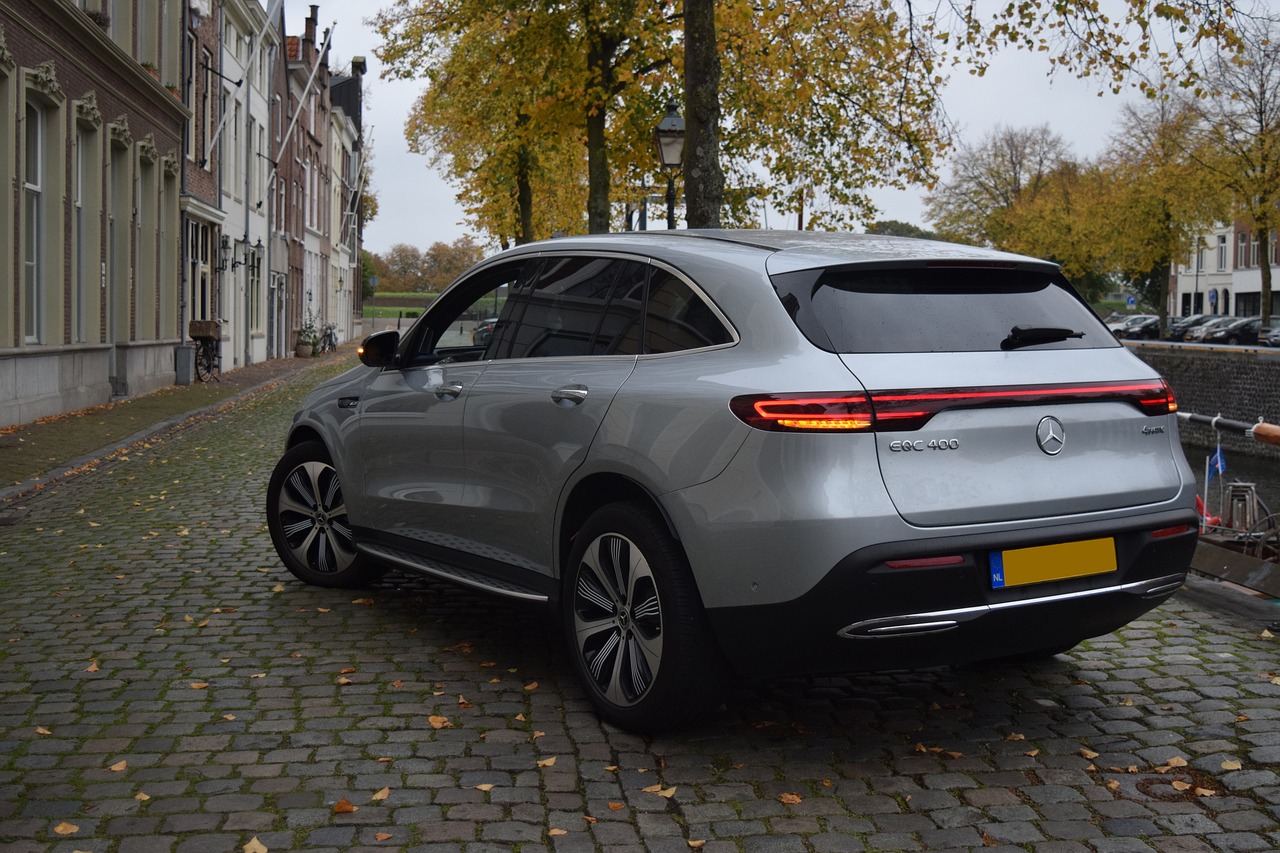There’s a certain charm to customizing your electric vehicle, a sense of merging technological curiosity with the ever-growing desire to make the world a little greener. EV enthusiasts know the thrill of adding personal flair to their cars, not just for aesthetics or convenience but as a statement of commitment to sustainability. For those itching to dive into eco-friendly DIY mods, there’s never been a better time to align your vehicle with the future you envision—one that’s efficient, tech-savvy, and environmentally conscious.
Take Liam, for example. A software developer by trade, Liam spends his weekends tinkering with his Tesla Model 3, constantly looking for ways to maximize efficiency and reduce his car’s ecological footprint. His latest project? Installing flexible solar panels on the roof of his garage to offset the electricity he uses for charging. Solar panels aren’t just for rooftops anymore—they’ve become lighter, cheaper, and easier to incorporate into DIY projects. In fact, data from the Department of Energy shows that the cost of solar panels has dropped more than 70% since 2010, making them an accessible upgrade for many EV owners. Some enthusiasts even explore solar wraps for their vehicles, although the efficiency gains are marginal compared to home setups. But it’s the principle that matters: every kilowatt hour counts in the fight against climate change.
Of course, not every mod needs to involve cutting-edge photovoltaics. Simple yet effective changes, like upgrading to eco-friendly tires, can make a world of difference. Designed to reduce rolling resistance, these tires improve your EV’s range while decreasing wear and tear on the roads. Companies like Michelin and Goodyear offer lines of sustainable tires that use silica-based compounds, recycled materials, and bio-derived rubber, perfect for eco-conscious drivers. It’s a reminder that even the parts we might overlook can be a key to greener driving.
Another avenue for sustainability-focused mods lies in energy-efficient lighting. Most EVs already come equipped with LEDs, but for those with older models or plug-in hybrids, swapping out traditional halogen bulbs for LEDs can be a game-changer. LEDs consume up to 75% less energy and last significantly longer than traditional bulbs, according to Energy.gov. A sleek underglow kit or custom interior lighting can transform your car’s aesthetic while keeping your energy consumption low—a win for both the planet and your style.
Now, let’s talk about the inside of your EV. If you’re someone who cherishes efficiency, the cabin isn’t just a comfort zone—it’s a command center for sustainability. Enter the world of smart dashcams and eco-monitoring systems. Devices like the TeslaCam or third-party smart dashcams can integrate with your vehicle to provide real-time feedback on your driving habits, helping you maximize efficiency and minimize energy waste. Advanced models even feature AI-powered tools to track traffic patterns, avoid unnecessary idling, and analyze braking to extend battery life. It’s like having a co-pilot that’s as obsessed with energy conservation as you are.
But what about the DIY mods that combine tech-savviness with a touch of futuristic flair? Think graphene-enhanced battery add-ons or regenerative braking hacks that squeeze every drop of energy out of your car’s momentum. While not every EV owner is ready to dive into the engineering rabbit hole, for those with a knack for tech, the possibilities are thrilling. Graphene, often touted as a “miracle material” for its conductivity and strength, is becoming a buzzword in the EV world. Though still in its early stages for consumer applications, experimental DIYers have started integrating graphene capacitors into their systems, improving charge cycles and efficiency.
Of course, no conversation about DIY mods would be complete without addressing the myths and misconceptions. One popular idea floating around EV forums is the belief that adding rooftop solar panels directly to your car will drastically extend its range. While it’s true that solar energy is a game-changer for sustainability, the surface area of most cars limits the effectiveness of such a solution. Even under optimal conditions, a solar roof might only add a few miles of range per day—not exactly enough to replace your home charger. That said, combining home solar systems with energy storage solutions like Tesla’s Powerwall can significantly reduce your reliance on the grid and save money in the long term.
For the sustainability-obsessed EV owner, the best mods don’t just enhance performance or aesthetics; they amplify your car’s green credentials. Whether it’s through integrating renewable energy sources, optimizing efficiency, or simply making smarter choices about the materials and technology you use, each upgrade contributes to a bigger vision. And that’s what it’s really about: small, intentional steps that add up to a meaningful impact.
So, what’s your next project? Maybe it’s time to install those garage solar panels or swap out your tires for a sustainable upgrade. Perhaps you’ll take a deeper dive into advanced energy systems and make your EV the greenest machine on the block. Whatever path you choose, remember that innovation and sustainability go hand in hand—and the best mods are the ones that bring your vision of a cleaner, smarter future to life.
Explore more ways to enhance your EV’s sustainability at EVGeek.com, where you’ll find guides, product reviews, and expert insights on all things electric and green.






